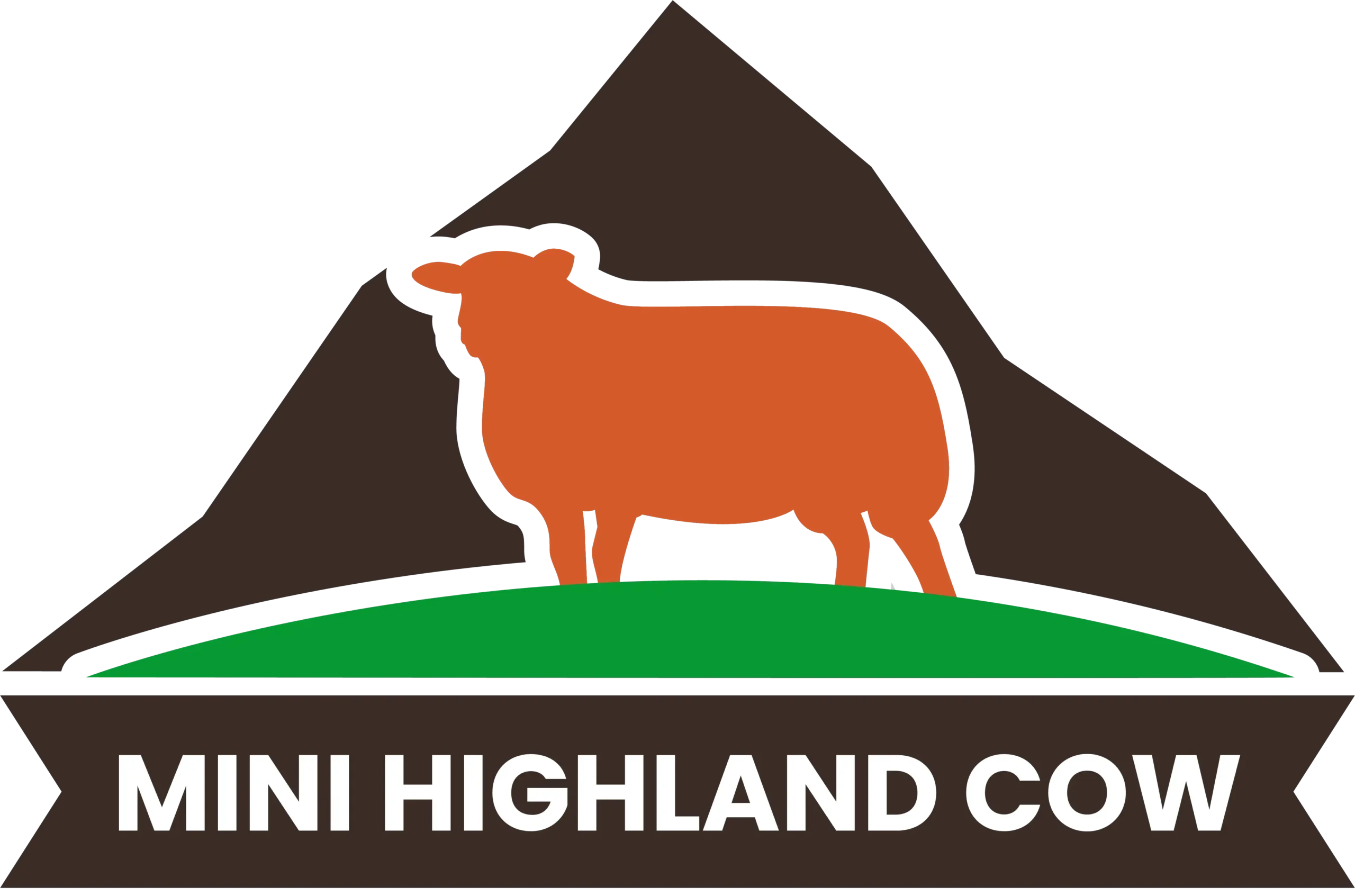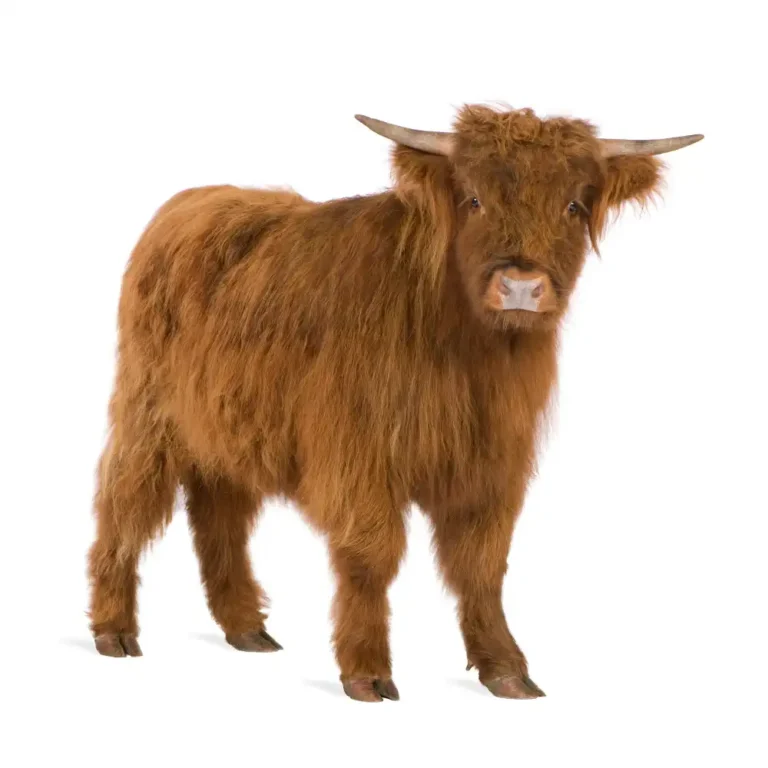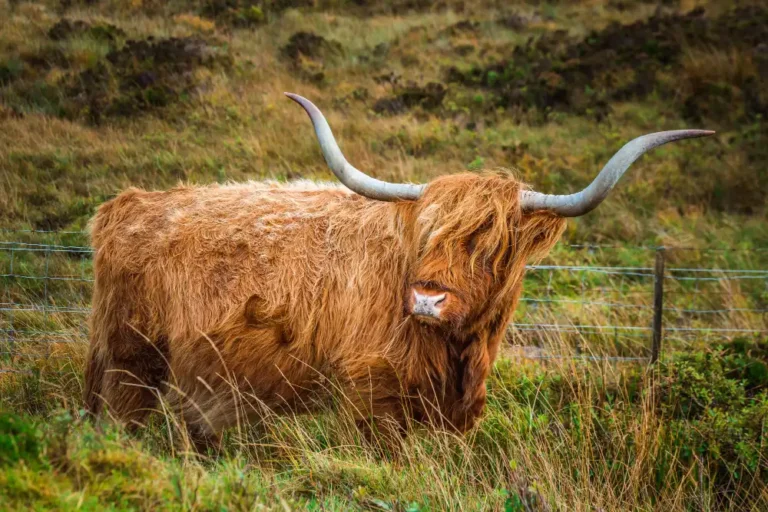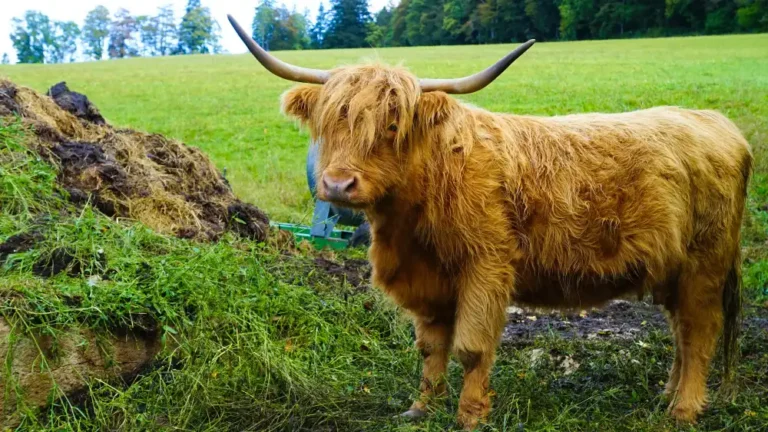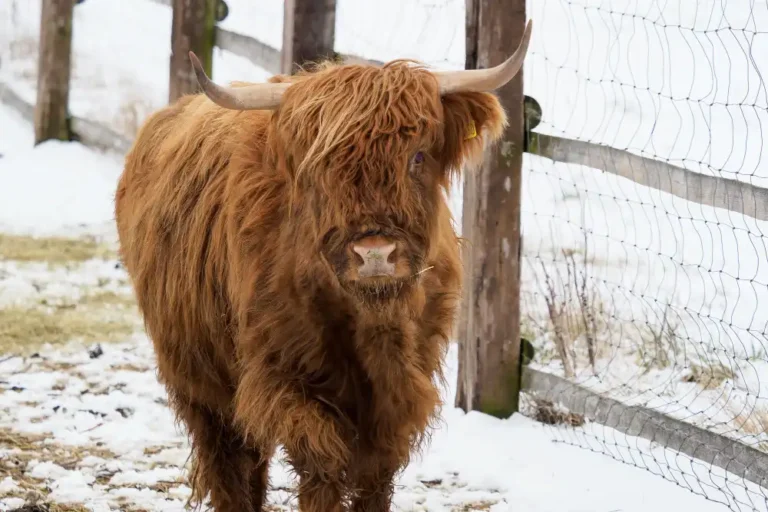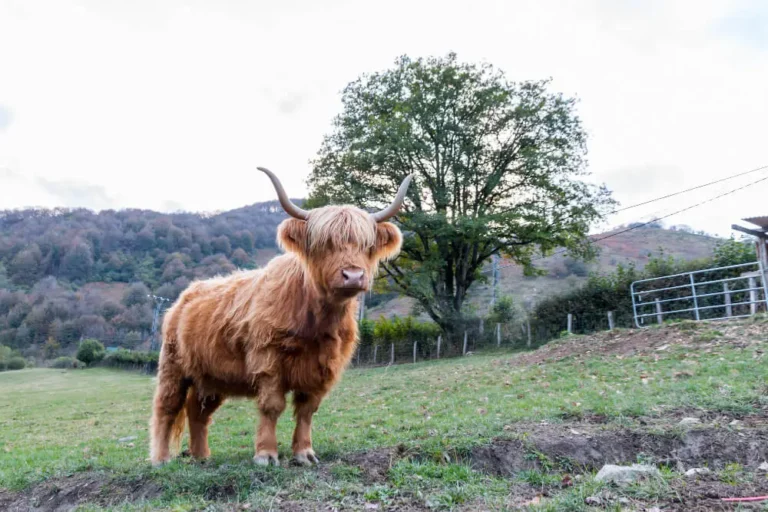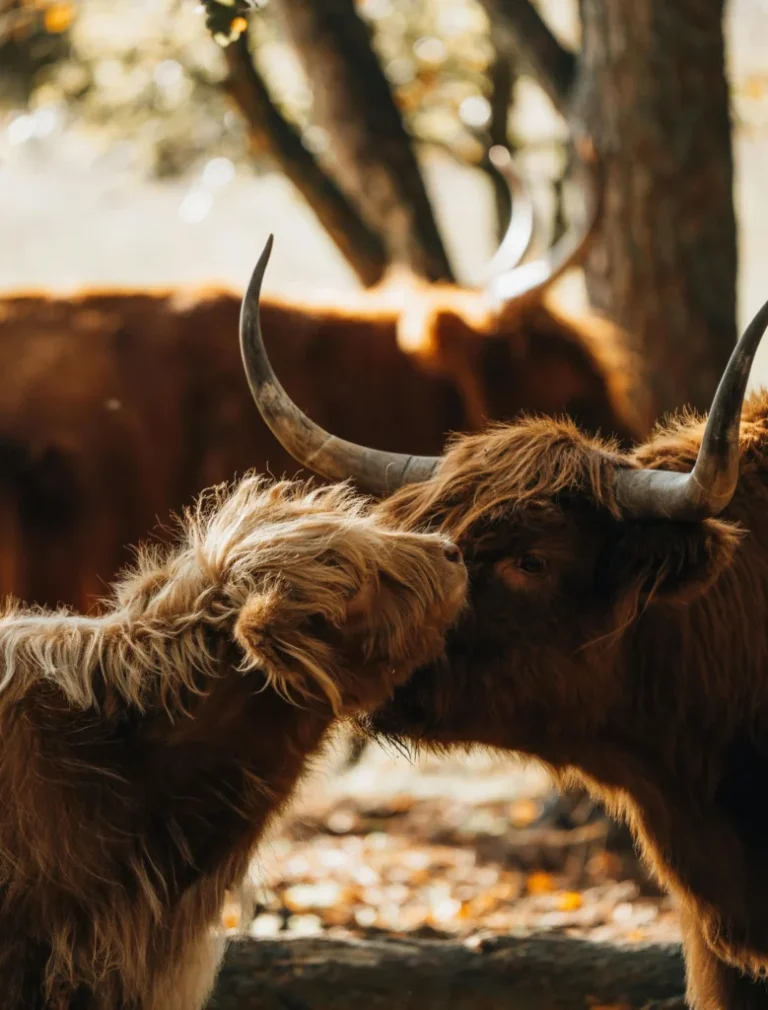Mini Highland Cows in Sustainable Farming
Mini Highland cows, a compact version of the majestic Highland cattle, are increasingly recognized for their significant contribution to sustainable farming. These smaller, hardy animals are endearing in appearance and vital allies in the quest for environmentally responsible agricultural practices.
This article delves into these miniature bovines’ multifaceted role in promoting sustainable farming methodologies.
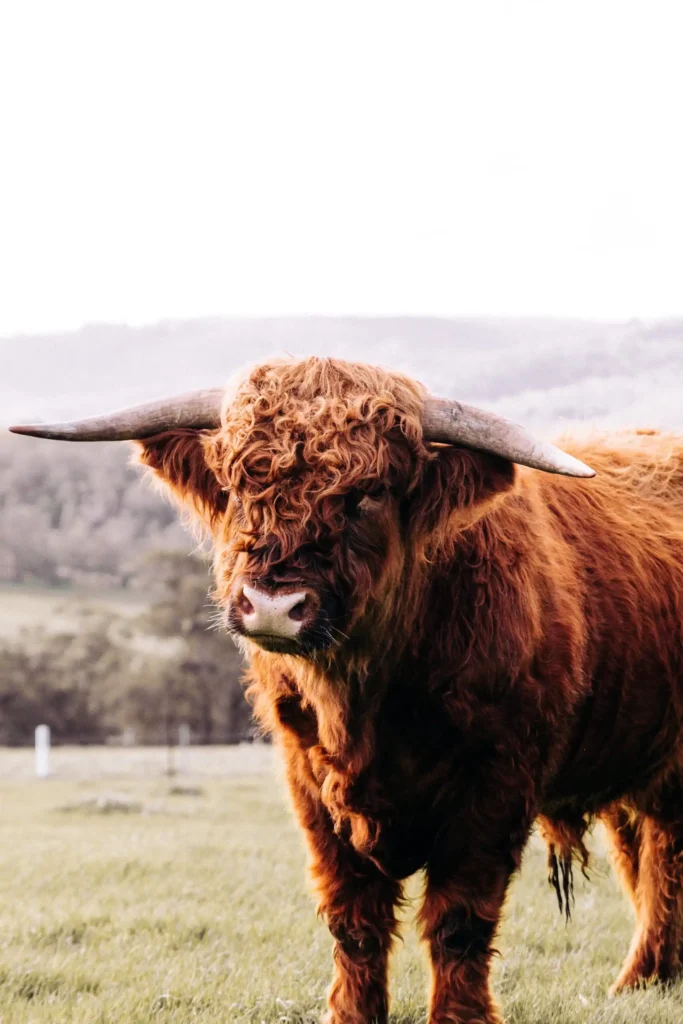
Critical Traits of Mini Highland Cows
Environmental Impact of Mini Highland Cows
Mini Highland cows, miniature versions of the traditional Scottish breed, have a unique environmental impact that aligns well with sustainable farming practices. Their smaller size and efficient grazing habits allow them to thrive on less fertile, rough pastures, which helps utilize marginal lands that might otherwise remain unproductive.
This not only maximizes land use but also aids in maintaining and even enhancing biodiversity, as these areas can support a variety of wildlife and plant species. Their grazing behavior is particularly beneficial for soil health. Unlike larger breeds that may overgraze and compact the soil, mini Highland cows tend to graze more gently and evenly.
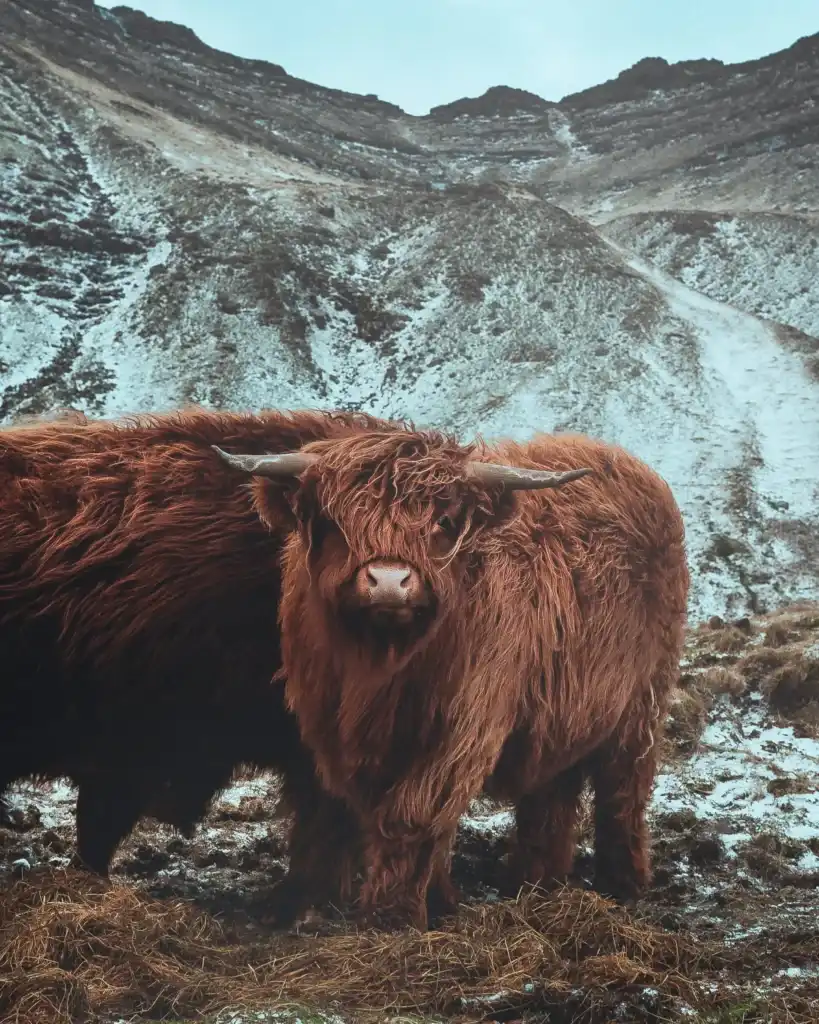
This leads to less soil erosion and better soil structure, promoting the growth of a broader range of flora and thus fostering more incredible biodiversity. Furthermore, healthy grasslands maintained by such grazing practices are effective carbon sinks. They capture and store atmospheric carbon dioxide, playing a small but significant role in combating climate change.
Moreover, due to their reduced size, mini Highland cows have a lower feed requirement than their larger counterparts. This results in a smaller ecological footprint in feed production, often involving significant land and resource usage. They also produce less methane per animal, a potent greenhouse gas, making their overall contribution to greenhouse gas emissions lower than standard cattle breeds.
These farm animals offer an environmentally friendly option for livestock farming. Their ability to sustainably manage and improve land, lower resource needs, and reduce greenhouse gas emissions positions them as a valuable asset in pursuing more sustainable agricultural practices.
Mini Cows in Small Farming
These compact animals are an ideal fit for small farms, where space and resources might be limited. Their smaller size allows for more efficient land use, as they require less grazing area and can be comfortably managed in smaller pastures. This efficiency is valuable for maximizing productivity in limited spaces, a common challenge in small-scale agriculture.
One of the critical advantages of mini Highland cows is their reduced environmental impact. They consume less feed than larger cattle breeds, leading to lower food costs and a smaller ecological footprint. This is important as it reduces the strain on resources like land and water required for feed production. Additionally, their smaller size means they produce less waste, making manure management easier and reducing the potential for pollution.
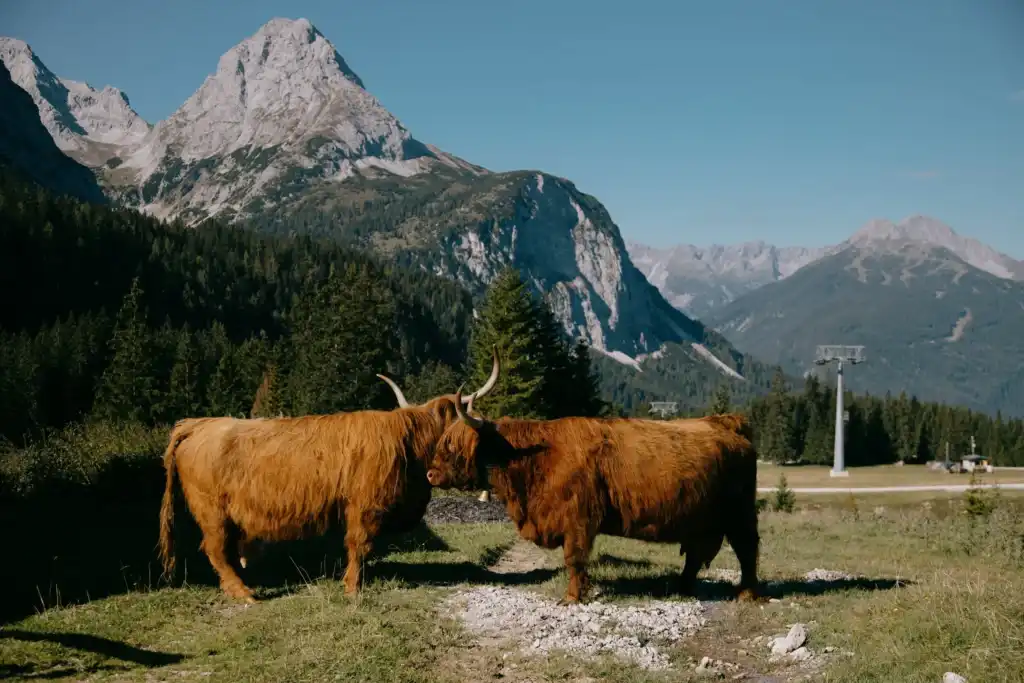
Economically, dairy cows offer several benefits to small farmers. Their lower feed requirements translate to cost savings, and their general maintenance and healthcare needs are often more manageable than those of more extensive cattle. Furthermore, these smaller animals can provide diversified revenue streams; they can be raised for dairy production, meat production, or even as specialty pets. This diversification is essential for small farmers, providing a buffer against the volatility of the agricultural market.
Grazing and Land Management
These farm animals are excellent graziers. They can thrive on rough forage that many other cattle breeds would avoid. This ability allows farmers to utilize marginal lands unsuitable for crops or other livestock, thus maximizing land use without requiring intensive farming methods. Their grazing habits also help maintain open landscapes, which are crucial for biodiversity.
Biodiversity Benefits
Promoting biodiversity is one of the crucial environmental benefits of integrating mini Highland cows into small-scale farming. These animals adapt well to varied forage, encouraging the growth of a wide range of plant species in their grazing areas. This diversity in vegetation supports a healthier ecosystem, providing habitats and food sources for numerous insects, birds, and other wildlife.
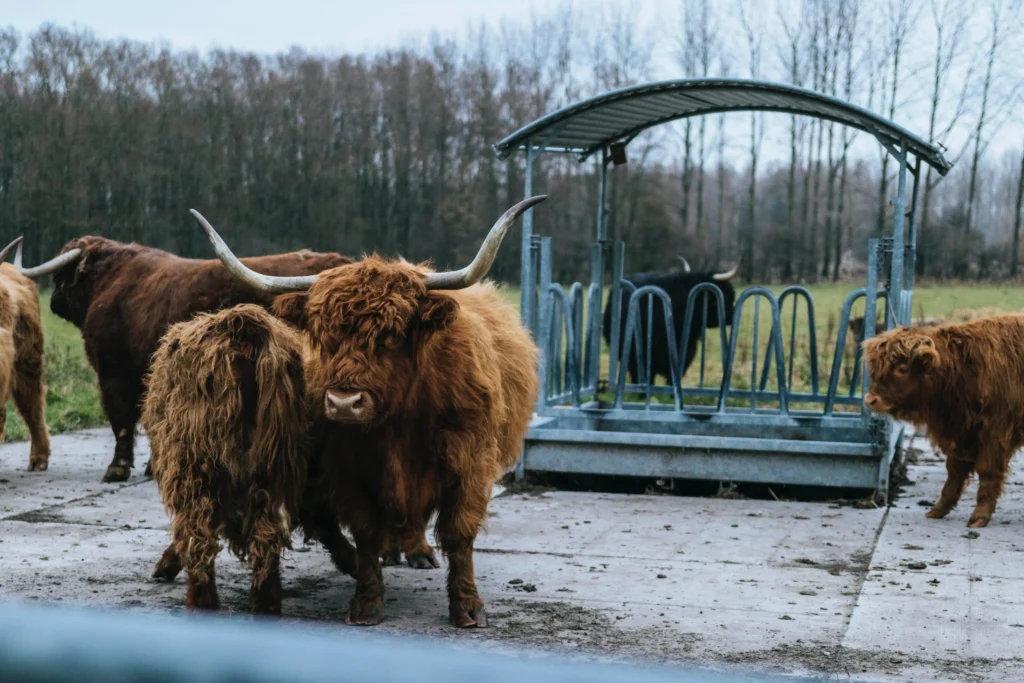
Furthermore, Mini Highland cow grazing patterns help maintain the balance of different plant species, preventing the dominance of any single type, which is essential for sustaining ecological equilibrium. By fostering such diverse ecosystems, mini cows indirectly contribute to the stability and resilience of local environments, making them valuable allies in biodiversity conservation.
Economic Prospects for Farmers
Mini cows are more cost-effective for small farmers. Their reduced size means they consume less food, require less space, and generally have lower healthcare and maintenance costs. This makes them an economically viable option for small-scale farmers looking to maximize their limited resources.
Small farmers can diversify their revenue streams by raising mini cows. These mini cattle can be bred for various purposes, including dairy production, meat production, or even as unique pet breeds. This diversification can provide small farms with a more stable and varied income, which is significant in the volatile world of agriculture.
Challenges in Rearing Mini Highland Cows
Rearing mini cows, while beneficial in many aspects, presents its own challenges. Firstly, their dietary needs can be specific and must be carefully managed to ensure they receive adequate nutrition, especially since they cannot consume the same quantity as larger breeds. Health-wise, they may be prone to certain conditions that require vigilant monitoring and regular veterinary care.
Additionally, their smaller size doesn’t necessarily mean they are easier to handle; they still require adequate fencing, shelter, and space to roam, which can be a significant investment. Furthermore, breeding mini cows requires careful planning and knowledge, as improper breeding practices can lead to health issues in the offspring. Lastly, marketing and selling their products, whether dairy, meat, or cows, can be challenging, especially in markets dominated by conventional cattle products.
Successful Mini Highland Cow Farms
Successful mini cow farms often exhibit a combination of effective management practices, innovative strategies, and a deep understanding of the unique needs of these animals. These farms typically focus on sustainable agriculture, employing rotational grazing to maintain pasture health and biodiversity.
They are adept at optimizing the smaller size of mini cows to maximize land use efficiency, often integrating them into mixed farming systems where they contribute to a holistic ecological balance. Successful mini cow farmers also pay close attention to their herds’ specific dietary, health, and welfare needs, ensuring they are well-cared for and productive.
Marketing is another area where these farms excel, often targeting niche markets or direct-to-consumer sales strategies to capitalize on the unique appeal of mini cow products, whether artisanal dairy products, ethically raised meat, or agro-tourism.
These elements combine to create a sustainable, economically viable model for small-scale farming that leverages the unique advantages of mini cows.
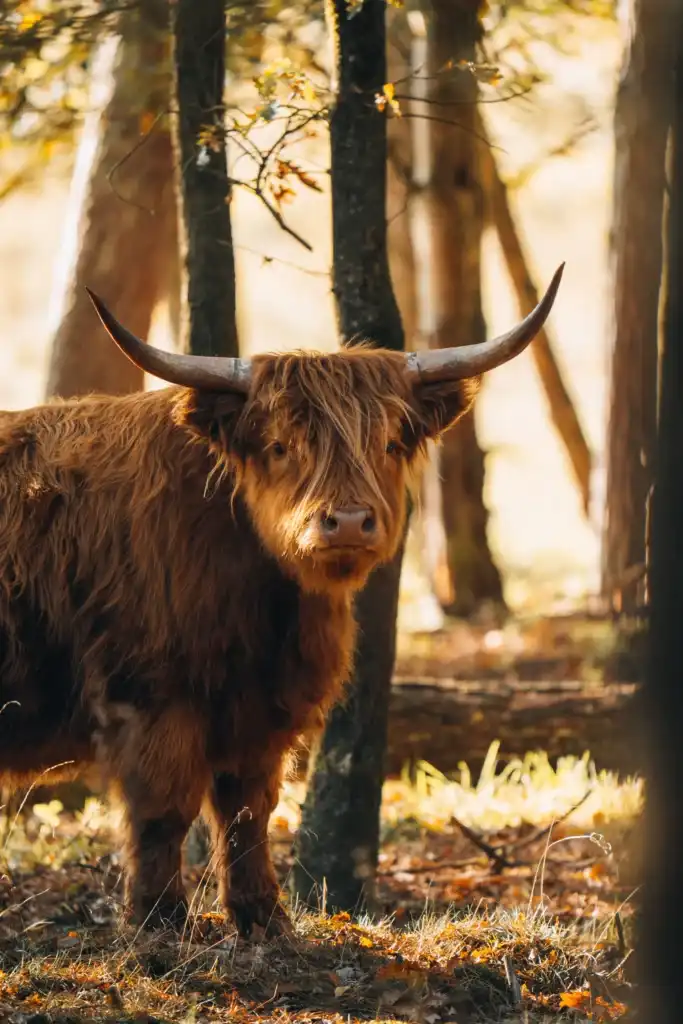
Future of Mini Cows in Agriculture
Conclusion
Mini Highland cows present a promising and multifaceted solution to many challenges faced in sustainable farming. Their smaller stature and efficient grazing habits allow them to thrive in less fertile areas, maximizing land use while promoting biodiversity and soil health. Economically, they offer small-scale farmers cost-effective and diverse revenue streams, ranging from dairy and meat production to agro-tourism.
However, their rearing comes with specific challenges that require careful management and understanding. Looking forward, the increasing focus on sustainable and eco-friendly agricultural practices, coupled with advancements in breeding and technology, suggests a bright future for mini Highland cows in agriculture. Their role extends beyond mere livestock rearing, contributing significantly to global farming practices’ ecological balance and sustainability.
